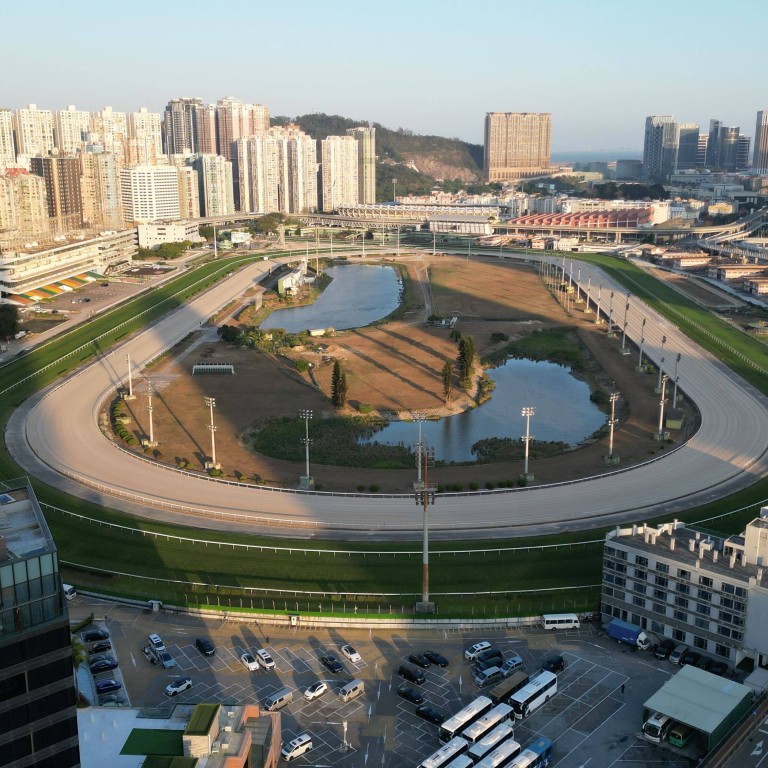
Macau horse racing pays heaviest price
- Unlike its highly successful Hong Kong counterpart, the club that has decided to end races failed to diversify its sources of betting and did not generate the expected economic and social benefits
It was often said life would never be the same after Covid-19. Horse racing in Macau and Hong Kong is evidence for and against that. The Hong Kong Jockey Club (HKJC) reported its biggest post-pandemic attendance of more than 81,000 at the Lunar New Year meeting at Sha Tin. What a contrast with news of the demise of the Macau Jockey Club, part of a global decline in betting on horse racing. The company that runs the club only recently signed a new contract to conduct racing at Taipa until 2042. Now, after Covid, racing in the city is no longer viable. The company and the government will terminate the contract from April 1.
This is a reminder about the need to respond to social entertainment trends. The Macau government found horse racing there, unlike that in Hong Kong, had failed to generate the expected economic and social benefits. It was badly affected by Covid and turnover, along with the number of races and horses, fell significantly.
The company said while overall gross gaming revenue stood at 183 billion patacas in 2023, the betting revenue on local horse racing was only 140 million patacas. But the HKJC announced a record turnover of HK$304.8 billion for the 2022-23 financial year despite the effects of Covid. This generated more than HK$7 billion in charity donations on top of more that HK$28 billion in tax revenue.
Last lap for Macau horse racing as authorities, company agree to end contract
The success of the HKJC is partly down to its diversification some years ago into football betting, which appeals more to younger audiences and now accounts for a greater turnover than horse racing. It acknowledges that racing in Asia and across the globe faces significant challenges including an economic downturn, illegal gambling and competition from other sources. Racing in Singapore is also set to end in October before the government repurposes land on which Kranji Racecourse sits.
Horse racing and football betting may have their critics on social and moral grounds, but Hong Kong does both well. The non-profit HKJC needs to position itself for the dual role of promoting the glamour and lifestyle of horse racing as legally allowed here, and generating a social dividend through the charitable distribution of its surplus. There is no room for complacency when ensuring its products remain competitive in the race for the entertainment dollar.

